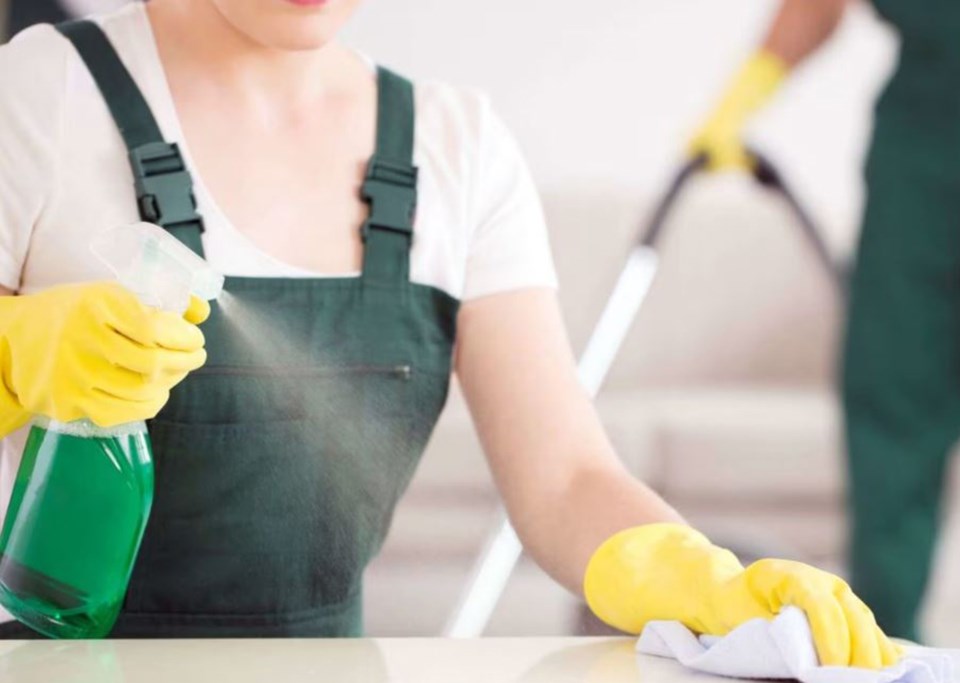Using green cleaning products in your home can reduce toxins, such as volatile organic compounds (VOCs), that are bad for your health and the environment.
Green cleaners are more popular than ever, so shoppers have plenty of choices. But navigating the seals, certifications, and marketing claims can be confusing.
The Better Business Bureau (BBB) has provided the following tips for choosing cleaning products that are effective and safe for you and the environment.
Green your cleaning routine
Check the packaging for eco-friendly labels
- Products that display the Environmental Protection Agency’s Safer Choice label have safer chemical ingredients. According to the EPA, products with the label are “rigorously reviewed ingredient-for-ingredient, adhere to strict performance standards, and are evaluated to ensure the potential of adverse human and environmental health impacts is minimized.”
Be wary of "greenwashing"
- Watch out for companies that label their products with vague phrases like “green" or “all-natural," warns the EPA. This is called "greenwashing." Instead, look for the Safer Choice label or specific, verifiable claims. You can search for Safer Choice-certified products here.
Make sure product claims are substantiated
- According to the Federal Trade Commission, if a product makes specific claims, such as "VOC-free" or "non-toxic," the company should be able to prove its product doesn’t have that ingredient nor any other ingredient that causes the same kind of risk. If you see a misleading green marketing claim, report it to the FTC at ReportFraud.ftc.gov.
Try homemade cleaners
- Many basic ingredients in your pantry, such as baking soda and white vinegar, make excellent cleaners. This article from greenamerica.org explains the ten basic ingredients that will tackle most cleaning jobs.
Choose products with minimal, recycled, or biodegradable packaging
- Being green isn't just about chemicals. It's also important to consider how a product is packaged. For example, if you use paper towels for cleaning, buy a recycled paper brand. Also, always choose biodegradable cleaning products when possible. Also, companies that use less plastic and offer refillable containers are a good choice.
Avoid single-use products
- Single-use products don’t last long, and their packaging ends up in landfills. Think about disposable products you can forego. For example, use rags that you can wash and reuse instead of paper towels. Avoiding disposable items and packaging can help the environment and is usually more cost-effective.
Get rid of plastic trash bags
- Conservation.org reminds consumers that plastic garbage bags take a hefty ten years to decompose (minimum), damaging ecosystems and harming animals. Try replacing your plastic trash bags with paper bags – or go completely bagless and wash out your trash cans instead.



